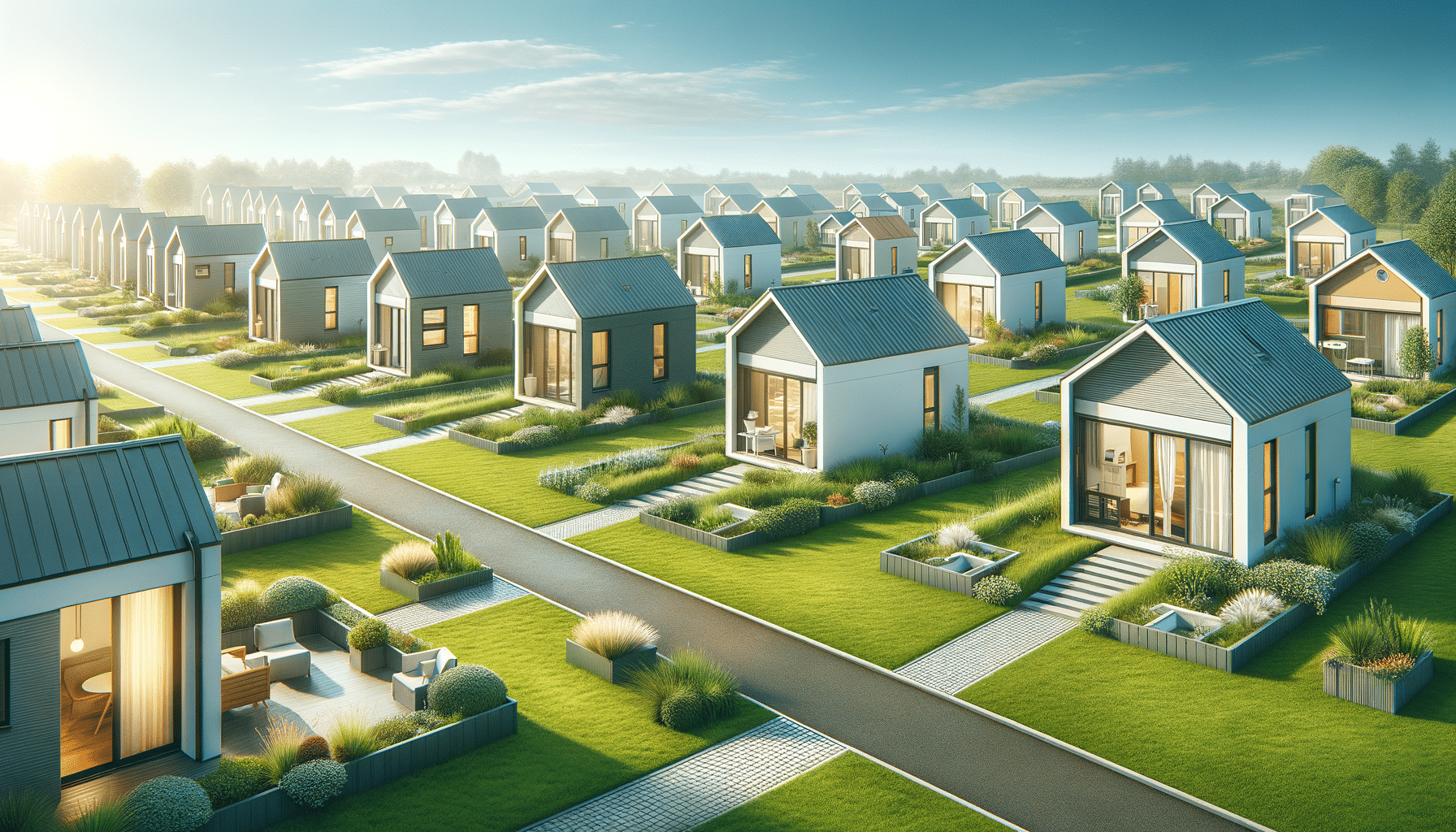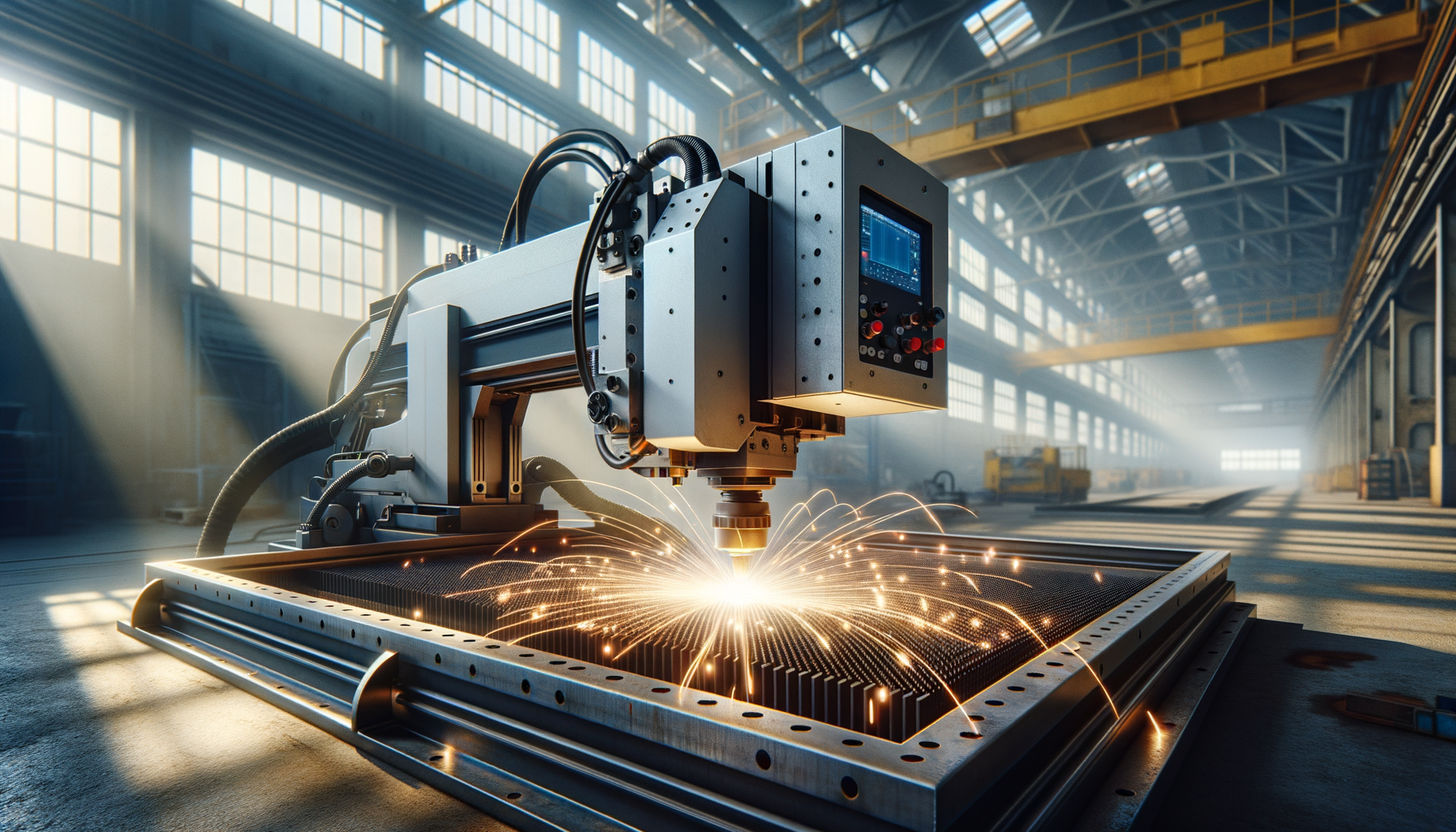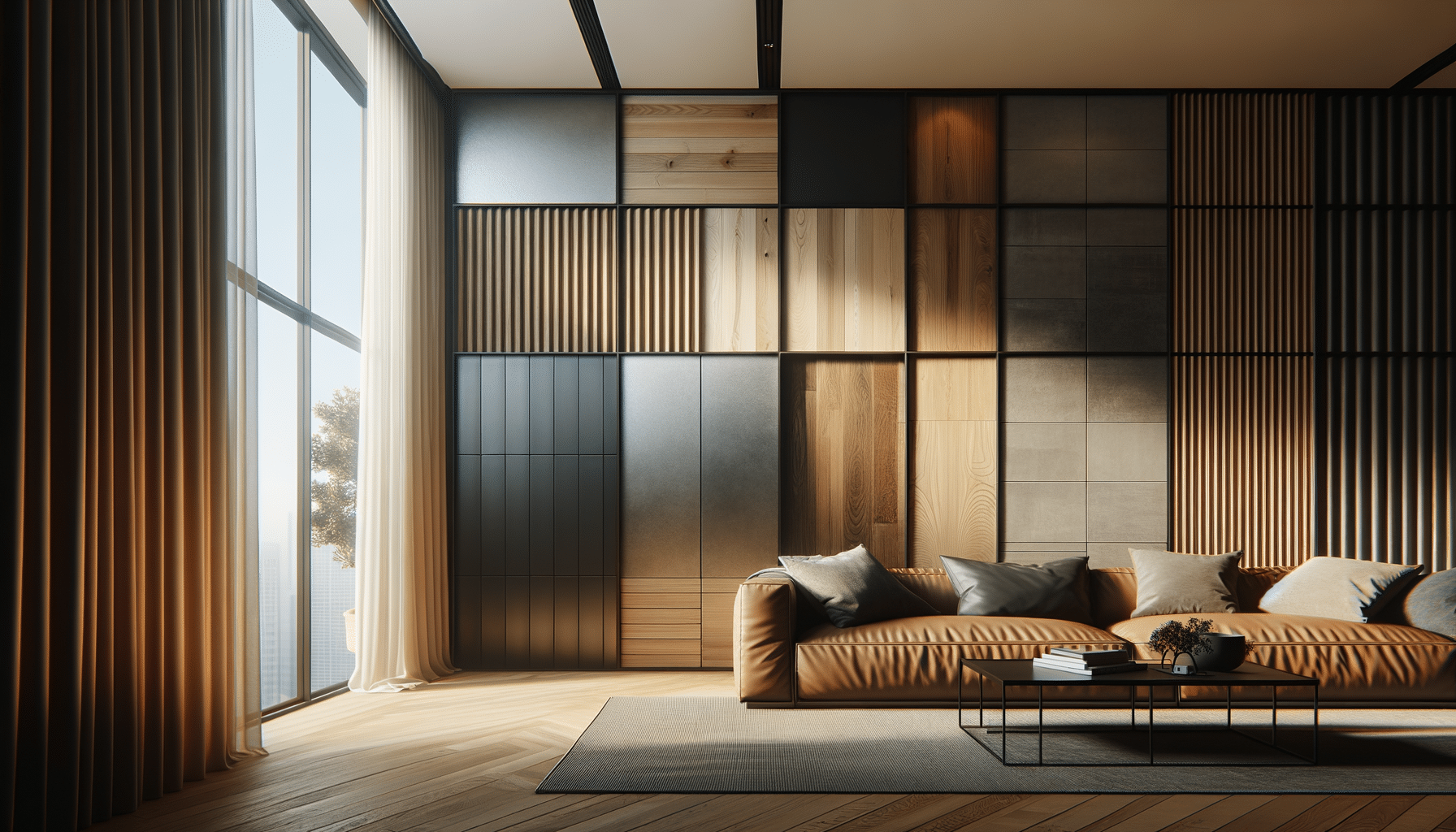
Exploring the World of Modular Homes: A Modern Housing Solution
Introduction to Modular Homes
In today’s fast-paced world, the need for efficient and sustainable housing solutions is more pressing than ever. Modular homes, with their innovative design and construction methods, offer a compelling answer to this demand. Unlike traditional homes, modular homes are built off-site in a factory setting, using pre-fabricated sections or modules. These modules are then transported to the site and assembled, resulting in a fully functional home. This method not only speeds up the construction process but also ensures high-quality standards, as the modules are built in a controlled environment.
Modular homes are gaining popularity due to their flexibility, cost-effectiveness, and environmental benefits. They allow for customization, enabling homeowners to design a space that suits their specific needs and preferences. Furthermore, the construction process generates less waste and uses fewer resources compared to conventional building methods, making modular homes a more sustainable choice. As we delve deeper into the world of modular homes, we’ll explore their advantages, design possibilities, and the future of this innovative housing option.
The Advantages of Modular Homes
One of the most significant advantages of modular homes is their cost-effectiveness. Since the modules are produced in a factory setting, manufacturers can purchase materials in bulk, reducing overall costs. Additionally, the controlled environment minimizes delays caused by weather conditions, leading to faster completion times and further cost savings.
Modular homes also offer exceptional quality control. Each module is subjected to rigorous inspections and testing before leaving the factory, ensuring that the final product meets high standards. This level of quality assurance is often difficult to achieve with traditional construction methods, where on-site conditions can vary significantly.
Another notable benefit is the flexibility in design. Homeowners can choose from a wide range of layouts and styles, customizing their homes to fit their lifestyle and preferences. Whether you’re looking for a cozy cottage or a spacious family home, modular construction can accommodate your vision.
Design Possibilities and Customization
Modular homes are renowned for their versatility in design. Unlike traditional homes, which may be limited by the constraints of on-site construction, modular homes offer a wide array of design possibilities. Homeowners can select from various architectural styles, floor plans, and finishes to create a space that reflects their personal taste.
Customization options extend beyond aesthetics. Modular homes can be tailored to accommodate specific functional needs, such as energy efficiency, accessibility, or smart home technology. By integrating these features during the construction process, homeowners can enjoy a modern, efficient living space that caters to their unique requirements.
Moreover, the modular nature of these homes allows for easy expansion or modification. As families grow or needs change, additional modules can be added to the existing structure, providing a flexible solution for evolving lifestyles.
Sustainability and Environmental Impact
In an era where environmental consciousness is paramount, modular homes stand out as a sustainable housing option. The construction process generates significantly less waste compared to traditional building methods. Since modules are built in a factory, materials are used more efficiently, and excess is minimized.
Furthermore, modular homes are often designed with energy efficiency in mind. Advanced insulation, energy-efficient windows, and sustainable materials contribute to a lower carbon footprint and reduced energy costs for homeowners. Many modular homes also incorporate renewable energy sources, such as solar panels, further enhancing their environmental credentials.
The reduced construction time also means less disruption to the surrounding environment. With fewer vehicles and equipment on-site, the impact on local ecosystems and communities is minimized, making modular homes an eco-friendly choice for conscientious homeowners.
The Future of Modular Homes
As the demand for affordable, sustainable housing continues to grow, the future of modular homes looks promising. Technological advancements in construction and design are paving the way for even more innovative solutions. For instance, the integration of smart home technology is becoming increasingly common, allowing homeowners to control various aspects of their living environment remotely.
In addition, the rise of 3D printing technology presents exciting possibilities for the modular home industry. This cutting-edge approach could further reduce costs and construction times, making modular homes even more accessible to a broader audience.
As more people recognize the benefits of modular construction, it’s likely that these homes will play a significant role in addressing the global housing crisis. With their combination of affordability, sustainability, and design flexibility, modular homes are well-positioned to meet the needs of future generations.


